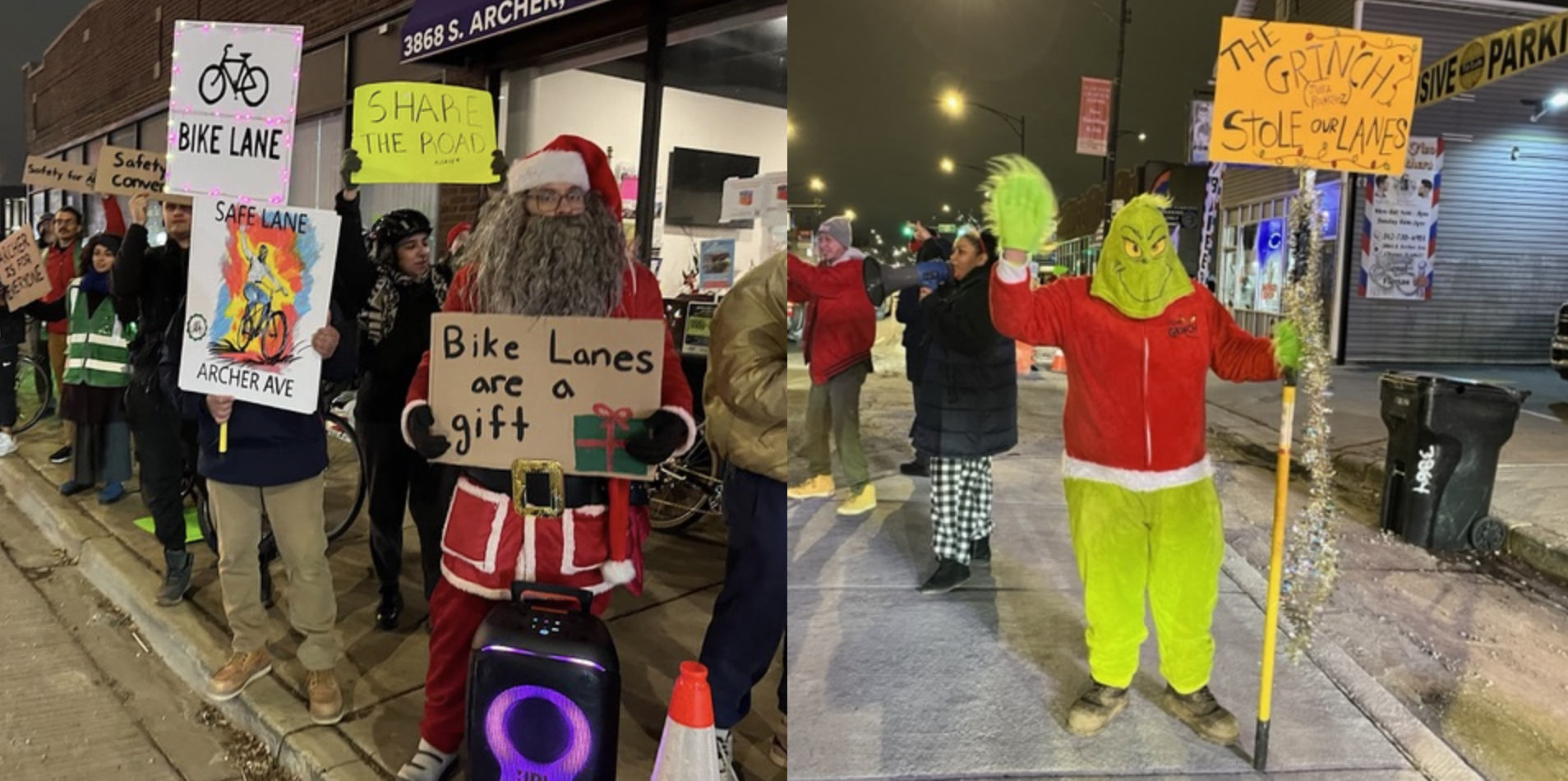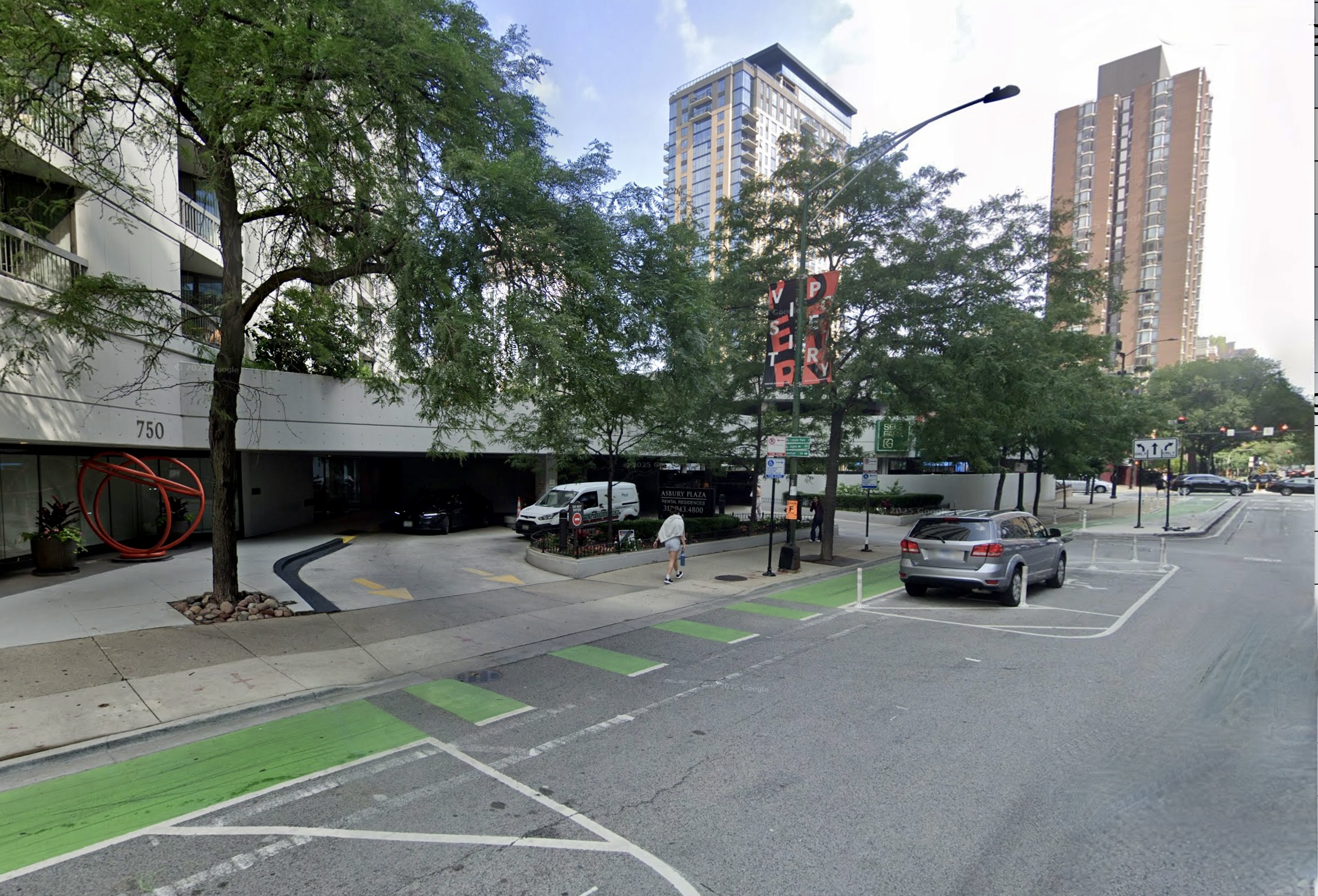Remember how suburban office parks used to be all the rage? Their strongest selling point was that you didn't have to pay to park at them. And if you lived in the suburbs anyway, you could avoid the hassle of going into the city, basically, ever. What could go wrong?

Well, Bruce Murphy at Urban Milwaukee explains a new study from Public Policy Forum [PDF] about the problems this kind of job sprawl has caused in his region:
Among city of Milwaukee residents, 13 percent of workers do not have access to a personal automobile, compared with 6 percent of workers in Milwaukee County’s suburbs and 4 percent or less in Waukesha, Ozaukee, and Washington counties, the study notes.
Cuts in service by the Milwaukee County Transit System have resulted in a 22 percent decline in total annual bus miles between 2000 and 2012, causing “tens of thousands of jobs to become inaccessible via public transportation.”
The report finds there are 29 “job centers” in the four county area, locations where there are at least 10,000 jobs. More than a third — 11 job centers which employ more than 204,000 people — are outside Milwaukee County and relatively inaccessible for workers from this county. [Four are totally transit inaccessible.]
Suburban and particularly ex-urban development has been structured in a way that makes homes unaffordable for potential workers, doesn’t offer them much in the way of apartments or rental units, and locates businesses in areas that are not easily connected via fixed bus routes.
Compounding the problem, the new sprawling job centers just aren't easy to serve via transit. The report notes these locations typically don't meet the 22 passengers per bus hour the region uses as a minimum to justify service. Meanwhile, other smaller-scale solutions like commuter van pools have had mixed results.
"Route extensions to suburban job hubs, rather than new routes are most likely to meet this standard," writes Murphy."But given the cuts in federal grants that have occurred, the only potential funding source would be the Milwaukee County property tax."
Elsewhere on the Network today: Mobilizing the Region lists a surprising number of areas where transit riders' monthly commute costs can exceed $130 -- the places, in other words, where riders will lose out if Congress doesn't renew the transit commuter tax benefit at its current level. Systemic Failure reports that it's not just state and local agencies focused on surface transportation that are using make-believe traffic projections: Airports, as well, cling to fantastically optimistic and demonstrably incorrect projections to justify projects of equally dubious merit. And Urban Cincy outlines the decade of grassroots and political effort that made the Cincinnati Streetcar possible.



